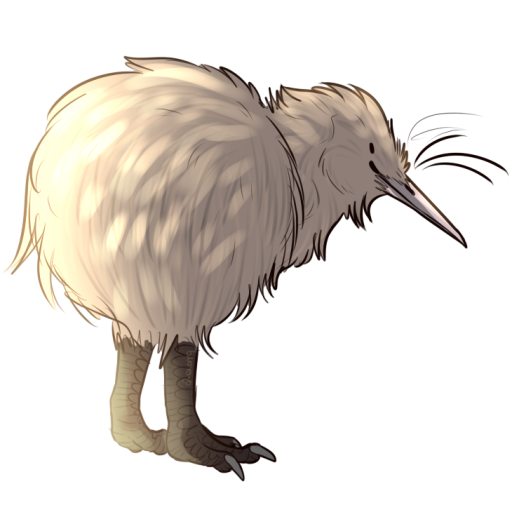I almost missed the Spanish upsidedown semicolon
¿Wait what?
In Spanish we open and close all quotations. Like:
- ¿Tienes cambio? (do you have change?)
- ¡Me encanta! (I love it!)
I don’t speak Spanish at all, but I really wish more languages would adapt it. It’s so much easier to interpret a sentence knowing it’s meant to be a question or exclamation right from the start.
Just started learning French only to find out you need a Bachelor’s in math just to count past 70.
In Swiss French we say « septante » (70) « huitante » (80) and « nonante » (90) which is better than counting by 20
Swiss French doesn’t count as French (like Schwiizerdütsch isch nöd Dütsch)
programming x linguistics humor
As a programmer and a linguist, this is the kind of content that really gets the happy chemicals flowing through my monkey brain
As a French, I understand this post and it hurts because it’s true.
//German
Farbe=“#Neunundneunzigdoppelefdoppela;”
If you think French is bad…
// Danish farve = "#(9+½+5)FFAA"Please elaborate. Any background on this?
The Danish word for 99 is nioghalvfems, which literally means “nine and half five.” Which you could be forgiven for assuming meant 11½. The trick is that a) “half five” actually means 4½, as in half less than five, and b) it’s implied that you’re supposed to multiply the second part by 20. So the proper math is
9 + (-½ + 5) * 20 = 99.
I had to read a lot of the comments to understand what the post meant.
Yeah. Honestly, I’m still not sure I understand it. ELI5?
French being french. They have no word for ninety for example, it’s four-twenty-ten. Not bullshitting you.
As in Four (times) twenty (plus) 10.
The American is how it is supposed to be.
The British one has the “color” changed changed to “colour” due to British spelling of color.
The Spanish one has an upside down semi colon because in Spanish you write questions like this: ¿Is this an example question?
The French one is because the French number system makes absolutely no sense and to say 99 you have to say quatre-vingt-dix-neuf (meaning 4 x 20 + 19).
I hope this helps somehow.
The American is how it is supposed to be.
The British one has the “color” changed
[citation needed]
I mean in code. Not sure how many programming languages are gonna accept “colour”. Or maybe they do and I am wrong, tbf I never thought about it till now.
When it actually comes to the English language that’s a different story.
I don’t know any language where “colo[u]r” is a keyword, or a lexer-level entity tbh, so I’m not sure there would be any difference. Anywhere you can name a variable “color”, you can name it “colour”. C++ allows you to explicitly make one an alias to the other, for example.
That said, I’ve seen a number of BBCode parsers need to take both “[color=”] and “[colour=]”. Really, we need code and programming languages in general to be less American. It’s 2023 already and in many programming languages I have to name my accounting variables “ano” (butthole) instead of “año” (year).
deleted by creator
As guy who hate French language and was learning in 1999 I can confirm it was pain to read the topic of lesson and the date. I was so happy when we switched to 2000.
Whole generations of French students that have no idea they escaped having to write “mille neuf cent quatre-vingt dix-neuf” over and over again, in cursive of course.
I don’t how you teach basic counting at a young age in French without learning higher grade level math.
Joke aside, it’s not taught as 4 × 20 +10 but simply “90 is pronounced quatre-vingt-dix” — which kinda is a mouthful, but you rarely count to 90 as a kid anyway.
Sounds like you were just a quitter. I counted to 100 all the time to show off.
I’m counting to 100 right now, fight me!
Quatre-vingts-dix-neuf! 🤣
Or as my American-ass says, “Cat vank deez noofs.”
Takes notes
Next time meeting someone who might speaks french: Pontjur fellow frenchman, i need cat wank deez nutz of those poms









